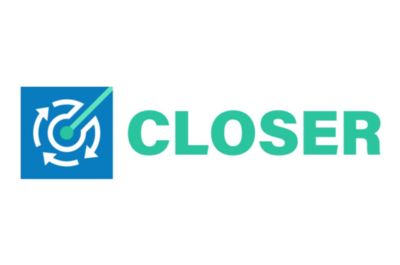
In the race to achieve the Green Deal goals, Europe faces a crucial challenge: the scarcity of essential semiconductor materials, such as silicon, gallium, indium, and germanium. With domestic production of raw materials covering only 1% of demand, the EU is heavily dependent on imports from Southeast Asia and the United States. Recent geopolitical shifts have highlighted the risks of this dependence, underscoring the need for a sustainable and autonomous supply chain.
The CLOSER initiative aims to tackle this challenge by creating a pan-European network for recovering semiconductor materials from electronic waste, microelectronics, solar panels, and industrial waste. By bringing together stakeholders from across Europe, CLOSER promotes recycling, reuse, and remanufacturing strategies, following circular economy and urban mining principles to transform waste into resources. The goal is to establish a resilient supply chain for microelectronics and critical components in sectors such as automotive and renewable energy, reducing reliance on external suppliers and enhancing sustainability.
CLOSER also seeks to restore Europe’s expertise in semiconductor manufacturing, decreasing dependence on outsourced processes and investing in recycling innovations and regional cooperation. Officially launched with a kick-off meeting in Rome on October 17-18 at the University of Rome Tor Vergata, the initiative brings together over 30 academic and industrial partners.
The Politecnico di Milano, through its Department of Mechanical Engineering, is involved in two key activities. The first focuses on the purification and characterization of materials from end-of-life photovoltaic panels, working on the characterization of plastic and silicon fractions to develop purification methods using innovative technologies such as High Voltage Fragmentation, aiming for sustainable separation and reuse of pure materials in industry. The second activity concerns integrating the Product Digital Passport (DPP) value chain, with the goal of implementing the DPP to ensure traceability and transparency of materials throughout their lifecycle, supporting sustainable practices and efficient resource recovery.
The Department’s activities are coordinated by Prof. Marcello Colledani, of the Production Technologies and Systems Research Line, and shows the participation of Prof. Riccardo Casati, of the Materials Research Line.
With a 36-month duration, CLOSER aims to build a sustainable, autonomous, and durable semiconductor supply chain in Europe, strengthening the EU's technological independence and promoting the recovery of strategic resources from electronic and industrial waste for a more circular and sustainable economy.
